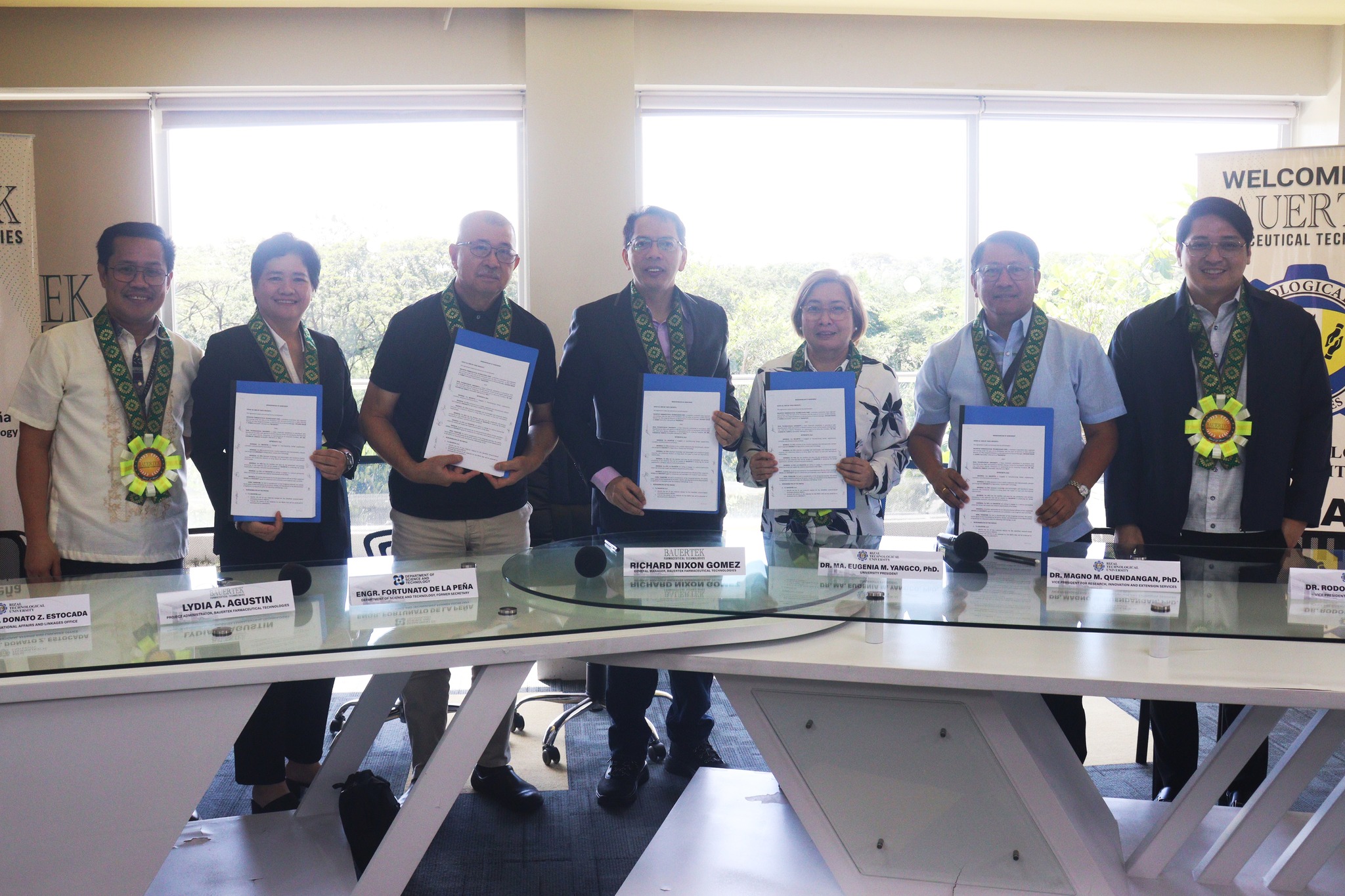QUEZON CITY — President Ferdinand R. Marcos Jr. signed today the measure imposing a 12-percent value-added tax (VAT) on digital transactions, which aims to level the playing field for local and foreign digital service providers (DSPs), streamline tax administration, and shore up government coffers by at least P80 billion in revenues.
The ceremonial signing of the Republic Act of 12023 was held at the Ceremonial Hall of Malacañang Palace on October 2, 2024.
President Marcos said in his speech during the event, “The rapid change in our digital landscape has created a gap in our tax system. Today, we signed the Value-Added Tax on Digital Services Law, and we are now bridging that gap. With this law, we say that if your presence in the Philippine market is as real as your profits, then your tax responsibilities should also be equally tangible.”
“But make no mistake, we are not imposing new taxes; we are simply strengthening the authority and streamlining the process of the BIR to collect value-added tax on digital services,” Marcos added.
The new law seeks to capture revenues lost due to the vagueness of existing laws pertaining to taxation of e-commerce transactions, particularly foreign companies that are not based in the Philippines but have been providing services to local consumers.
It amends certain provisions of the National Internal Revenue Code (NIRC) of 1997 to make the collection of taxes more equitable and attuned to the changes in the economic landscape brought about by rapid advances in the use of technology.
With the new law, digital services are now explicitly part of the coverage of Philippine tax law, and even non-resident DSPs that have no physical presence in the country but render services within the Philippines and whose services are consumed domestically will be covered by the law.
Finance Secretary Ralph Recto has said that the estimated revenue to be collected by the government from the VAT on digital services would amount to P20 billion every year. (PIA DMD)
















